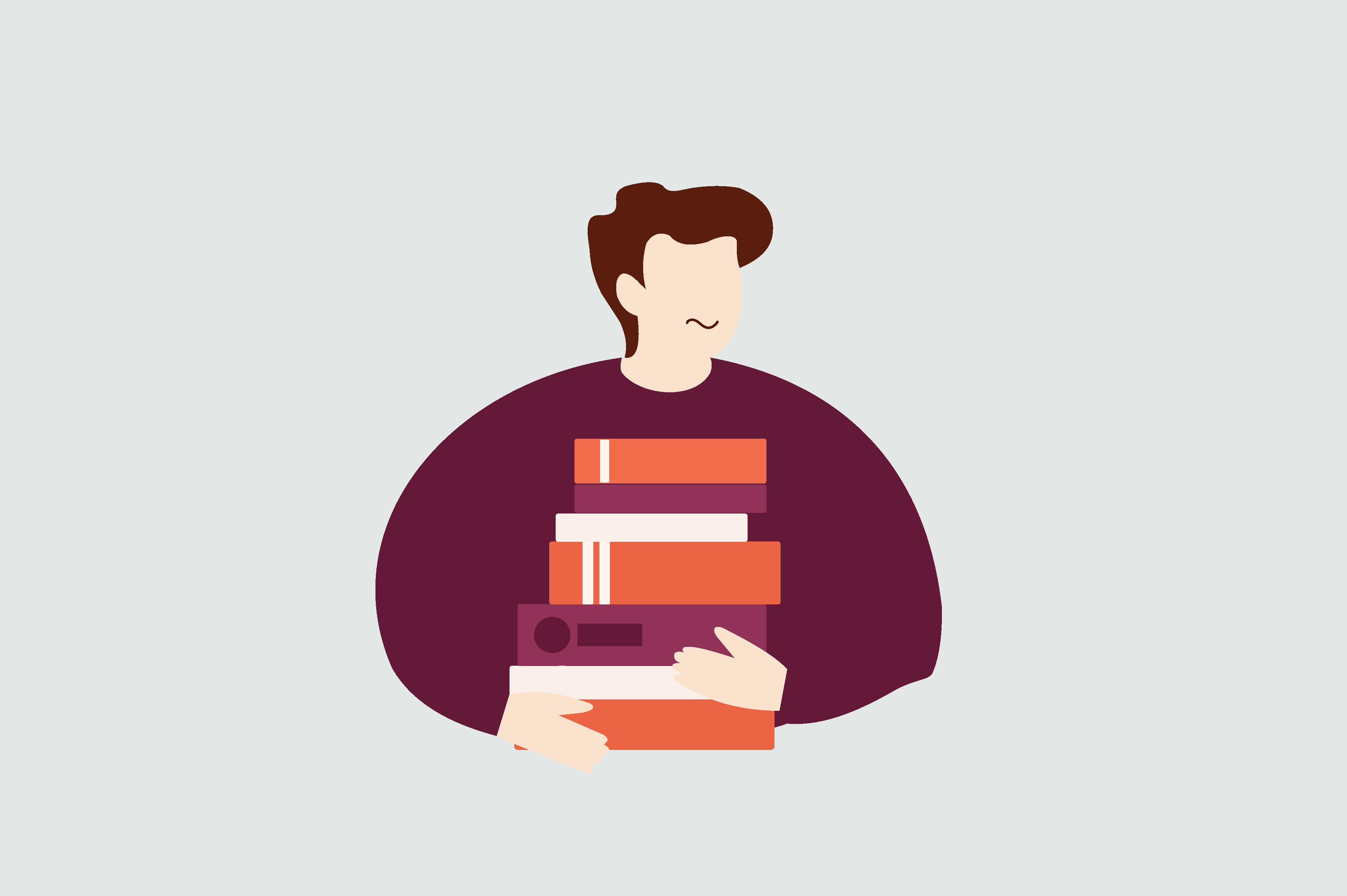Exam anxiety
Exam anxiety is a form of performance anxiety. It involves a strong fear of failure, being negatively judged, or in other ways not living up to one’s own or others’ expectations.
Depending on what you have studied before and what exams and tasks you are used to, it can be difficult to adapt to the type of examination that is common at Swedish institutions of higher education. Exam anxiety can affect you both before, during and after an exam. It can be intense and a hindrance to studies. However, there are strategies that can be helpful in dealing with anxiety.
Exam anxiety can manifest itself in several ways
Physical discomfort such as heart palpitations and a sick feeling in the stomach, or tense shoulders and back. Emotions like worry, fear or shame. Negative, critical or catastrophic thinking. Exam anxiety can affect you in several ways and at its worst you may find it difficult to concentrate on your studies or have difficulty sleeping. You may suffer a blackout during an exam and have difficulty remembering what you have learned. Anxiety doesn’t have to be related to your actual performance. It can often be a matter of you downgrading your performance and having difficulty feeling satisfied with what you are doing.
Try this to reduce exam anxiety
The more you learn and understand about anxiety in general and how you function, the easier it can be to manage your thoughts, feelings and reactions.
- What matters to you?
Work out what you want to get out of your education and what it is in your studies that really matters to you. Failing one or more exams may feel like a disaster but is completely normal. Talk to your study adviser for guidance on how to plan the retaking of exams in a way that is manageable. - Remind yourself of what you can actually control
Such as preparing yourself as best you can and getting study help when needed. Try to steer your thoughts away from things you cannot influence, such as which questions will come up in the exam and other things that lie in the future. Accept that you are worried and that’s the way it is. - Make time for relaxation and recovery
Anxiety can give you tunnel vision and lead you to opting out of important things like social interaction, physical activity and having fun and instead spending all your awake time on your studies. It can lead to you missing out on things that can make you feel better. Plan for relaxation and fun even when you feel like you don’t have time. - Try guided exercises in mindfulness
They can help you compose yourself and focus outward as a counterbalance to nagging thoughts and help you choose more appropriate behaviour. - Stick to your routines
Think as you would before a sports challenge the week before the exam. Stick to your basic diet, sleep and physical activity routines to give yourself the best chance to succeed.
When to seek help
You need to seek help if anxiety prevents you from living like you want to or if it affects your studies. The student health services can give you advice and support or help with strategies to manage anxiety.
Sometimes you may need help with planning and study strategies, and study guidance is available at many higher education institutions. If your exam anxiety is part of a larger anxiety problem, you may need more support. Then you can turn to your local healthcare centre. You can always call 1177 for more information about where to seek help.
Related content

Exam anxiety
Many students experience anxiety when in connection to exams. Here you’ll get tools to practise dealing with it.